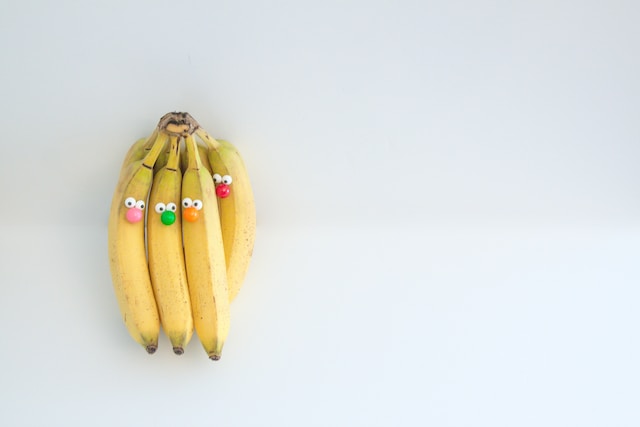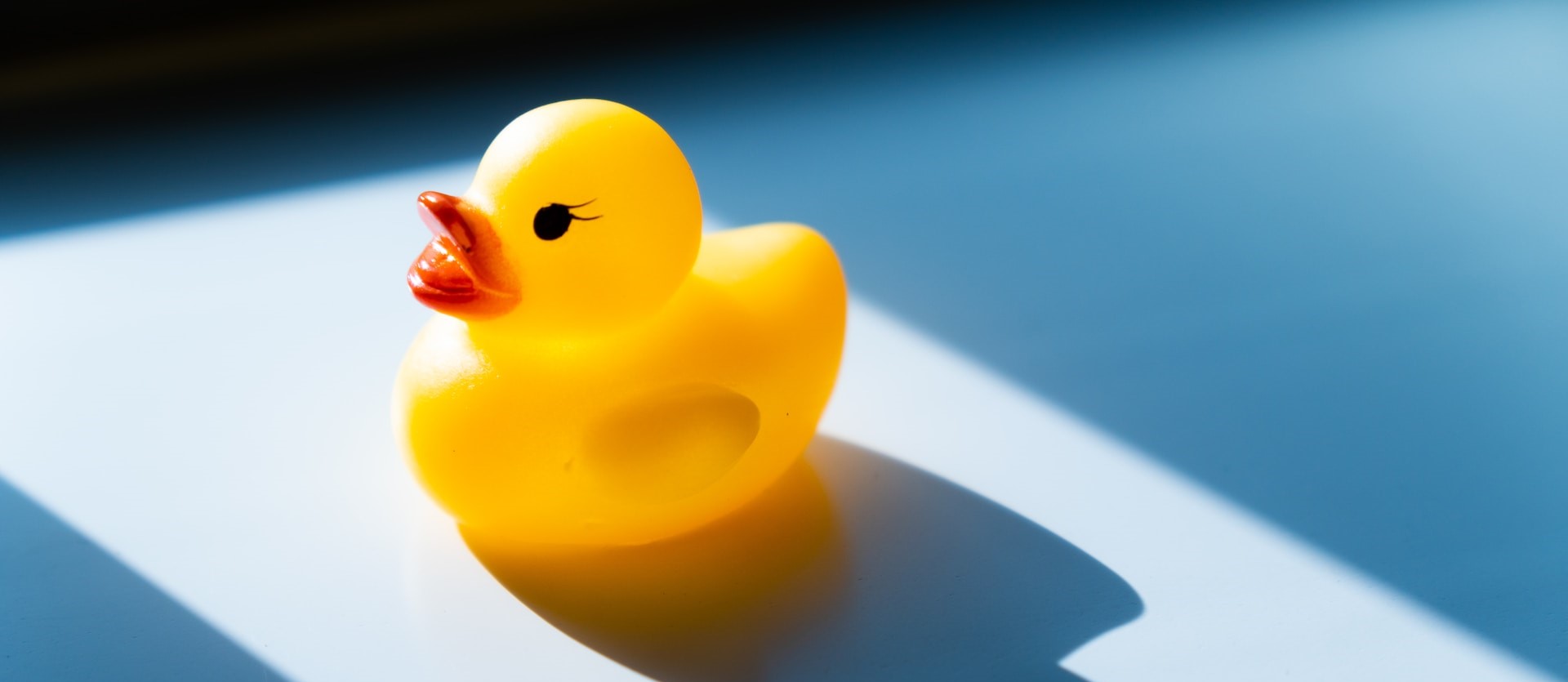🎵 Rubber ducky, you’re the one. 🎵
Do you recognize the reference? Chances are, you’ll get it if you’re of a certain age. For the young ones out there, let me end the suspense.
I’m talking about Sesame Street.
Two roommates named Bert & Ernie. They lived in an apartment and this was the song Ernie used to sing in the bathtub.
Getting Clean
We take baths to get physically clean. Rubber duckies help.
But we use the concept of getting clean in many other ways. In a spiritual sense, cleansing ourselves is an act of preparation, sometimes atonement. Mentally, we clean ourselves by releasing old thought patterns and replacing them with new ones. And emotionally, getting clean means resetting negative emotions with positive ones. The Emotional Guidance Scale helps with this recalibration.
It feels good to get clean. It represents growth, progress. Ask any addict and she’ll agree. Ask someone experiencing mental illness and he’ll tell you. In fact, ask any human and you’ll hear, there’s relief in getting clean.
So how do you do it?
Seeing the Dirt
You start by seeing the dirt.
Getting dirty is fun and even satisfying at times. I’m picturing those obstacle course races where people crawl through mud and emerge victorious with huge grins on their faces.
But no one wants to be in the dirt very long. Getting clean, then, means removing the dirt. Clearing cobwebs. Cleaning up your act. Spring cleaning. There are so many ways to describe the experience.
You can even get clean through “rubber duck debugging.” Huh?
Debugging
In software engineering, rubber duck debugging is a method of debugging code by describing a problem to, you guessed it, a rubber duck. The idea is you talk out loud to a rubber duck and explain each line of code so you can find the source of the problem and then come up with a solution.
Sounds silly, and it is, but logic only gets you so far. Now you’re stuck. In the mud. You’ve got a problem and you can’t find the solution. So, try silly. Why not? When you try something new, silly or otherwise, it’s invariably from a different perspective, which helps you shake up your ways of thinking and doing.
Being Silly

Silly is playful. Childlike. We’ve talked before about being in flow. When you’re in flow, time ceases and you are open and curious like a child.
In this playful mood, solutions arise naturally, sometimes one at a time, sometimes many. There’s no judgement in silly. I compare it to the rules of brainstorming. Don’t evaluate the ideas when you’re brainstorming. Just get as many on the table as possible.
Problem Solving
Rubber duck debugging makes you a better problem solver. You become better at resolving challenges by removing blocks. Those blocks are your obstacles as you move through the mud race from dirty to clean.
Click here for more tips on removing obstacles, aka “getting unstuck.”

As I said, the trick is your willingness to adopt different viewpoints. Think of your perspective on a topic like soap. You use soap to remove dirt and get clean. Is Dove the only way to get clean? How about Pear’s or Clinique or Aveeno? You get the idea.
There are lots of soaps, i.e. viewpoints, out there. When you’re stuck, it’s usually because you think Dove is the only option. You can get clean many ways. Rubber duckies help.
Header Photo by S. Tsuchiya on Unsplash, Photo by Diane Alkier on Unsplash, Photo by Sincerely Media on Unsplash

